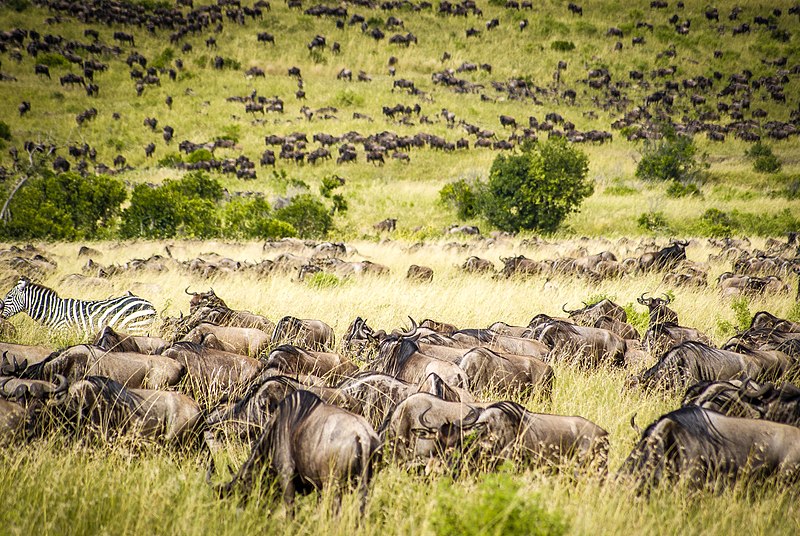The primary aim of this research project is to write up a cultural history of natural history filmmaking, The Green Hollywood, analysing why Bristol has become the global production centre. This will be the most comprehensive account available of the BBC’s Natural History Unit, and of Bristol as the global centre for wildlife filmmaking. It will provide an authoritative analysis of the development of natural history documentaries and explore why it has been such a successful television genre. The study will concentrate on current developments, including the ways in which filmmakers and production companies are starting to address issues of climate catastrophe, diversity and sustainability in both their programmes and their practices.
The establishment of the BBC’s Natural History Unit (NHU) in 1957 recognised Bristol’s status as the home of wildlife filmmaking – a position that had been growing in scale and sophistication since 1946. Since then the NHU has continued to flourish, attracting other major companies to locate in Bristol, often founded and run by ex-NHU staff. Their collective presence has made Bristol the world’s leading centre for Natural History Filmmaking, earning the soubriquet the ‘Green Hollywood’, which hosts the biennial Wildscreen festival.
As part of Go West! 2, Bristol’s Film and Television Industries (2021), Steve Presence and Andrew Spicer spoke to the CEOs at all of the eight major natural history companies located in Bristol, including Julian Hector, the head of the NHU and the CEO of Wildscreen. This research extends the Go West! 2 report and also engages with urgent questions about climate change and sustainability. These issues are becoming increasingly prominent in wildlife documentaries themselves but, as became clear from the Go West! 2 interviews, are also starting to impact on how natural history filmmakers undertake their work, trying to reduce their carbon footprint and to address a residual neo-colonialism by working more extensively with indigenous talent in the region being filmed.



